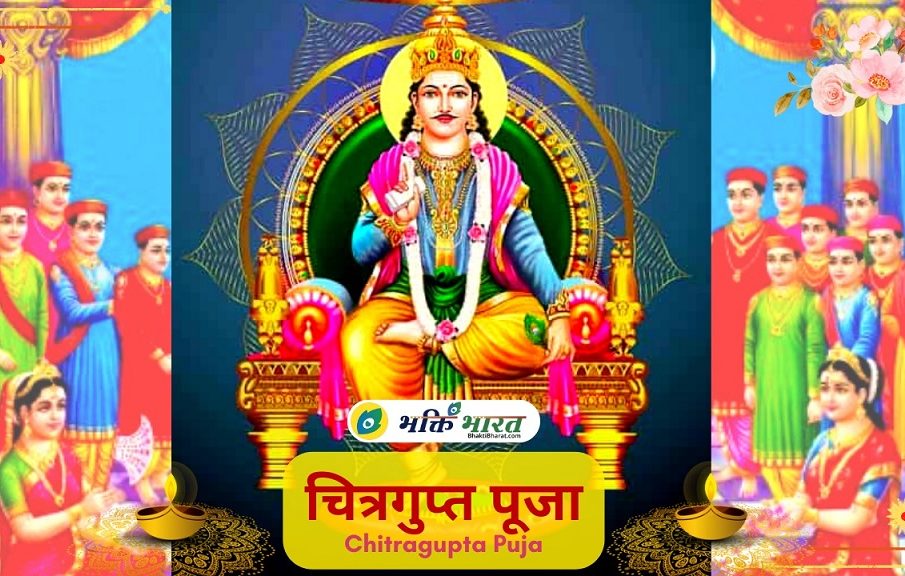Understanding Chitragupta Puja and Its Significance

Introduction to Chitragupta Puja
Chitragupta Puja holds great significance in Hindu tradition, primarily among the Kayastha community. Celebrate on the second day of the Hindu month of Kartik, this festival honors Chitragupta, the deity responsible for maintaining the records of human actions. As a divine accountant, he is believed to assist Yama, the god of death, in maintaining the balance of karma. The festival not only serves as a day of gratitude and recognition of the divine but also reinforces cultural identity among devotees.
Celebrations and Rituals
Chitragupta Puja is marked by various rituals and ceremonies. Devotees wake up early, clean their homes, and set up a sacred altar for the puja. Traditional offerings include fruits, sweets, and specific grains, which are presented to Chitragupta’s idol or picture. Ritual recitals and prayers are performed seeking blessings for a prosperous and righteous life. A significant aspect of the celebration involves writing, symbolizing the connection between Chitragupta and the act of recording life’s events.
In many households, a special meal is prepared, often featuring a variety of dishes that showcase regional culinary traditions. Families come together to celebrate and share stories, strengthening their bonds.
Regional Variations
While Chitragupta Puja is primarily observed by the Kayastha community in northern India, variations in rituals can be observed across different regions. In some places, the day is also marked by specific cultural performances, including music and dance, reflecting local traditions. In cities like Kanpur and Allahabad, public ceremonies may attract larger crowds, promoting a sense of community and participation among people of all ages.
Conclusion
Chitragupta Puja goes beyond mere rituals; it fosters a sense of belonging and cultural pride among the Kayastha community. The observance encourages reflection on one’s actions and the importance of leading a virtuous life informed by the teachings of Chitragupta. As society evolves, the essence of such festivals remains, promoting values of accountability and ethical living among individuals.







